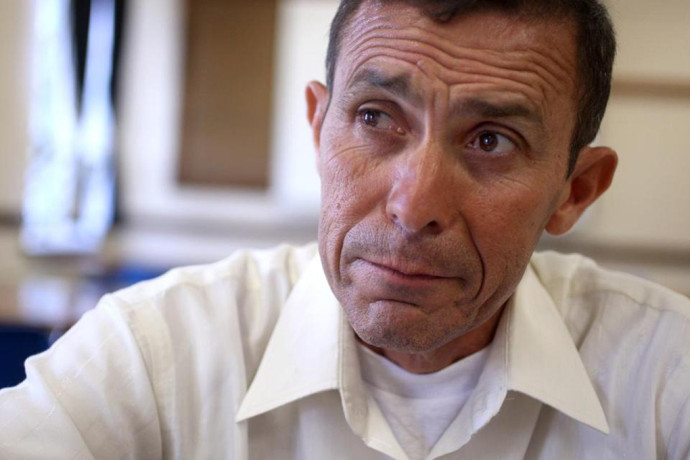Prevent False Confessions in Massachusetts

Victor Rosario
Call 617-295-7842 and urge committee members to pass H. 1847 / S. 1136.
Deceptive police tactics can intimidate and coerce innocent people into making a false confession which can tragically lead to a wrongful conviction.
In 1983, 24 years old Victor Rosario was wrongfully convicted of murder and arson, and sentenced to life in prison based on a false confession obtained through coercive tactics, including lies, threats, and prolonged interrogation. Police interviewed Mr. Rosario, who was a bystander attempting to rescue victims of the fire, for eight hours through the night and did not provide a qualified interpreter. Mr. Rosario subsequently spent 32 years wrongfully incarcerated until he was exonerated in 2017.
Like many exonerees, Mr. Rosario was subjected to police deception, a tactic where law enforcement lie about the existence of incriminating evidence or leniency they could provide. Experts have spoken out against this tactic because it is dangerously unreliable and can lead to false confessions – costing innocent people their lives and the Commonwealth millions.
Since 1989, there have been 467 known cases of wrongful convictions involving false confessions. That’s over 400 innocent people who lost years of their lives for crimes they did not commit, not to mention the victims and survivors who are denied justice.
Thankfully, there are ways to prevent false confessions and better equip our criminal legal system to identify them before it’s too late. This year, Massachusetts lawmakers are considering H. 1847 / S. 1136 which would prohibit law enforcement from lying to individuals and providing false evidence or false promises of leniency, and require custodial interrogations be recorded.
The bill is now in the Joint Committee on Judiciary and we need you to take action.
Contact the committee and urge them to pass H. 1847 / S. 1136 to prevent false confessions in Massachusetts.